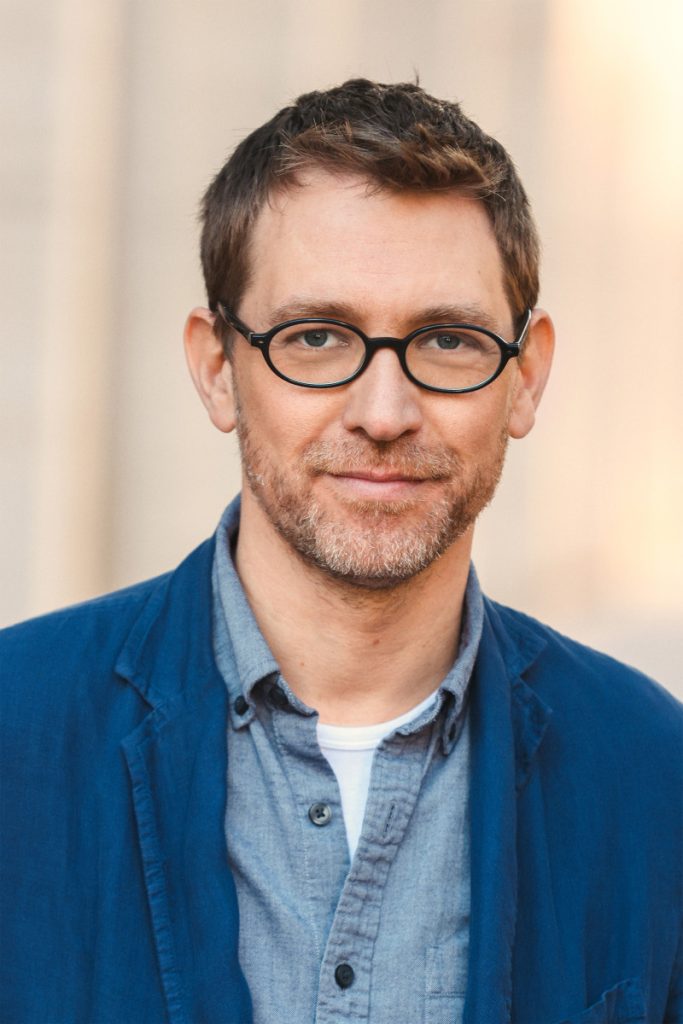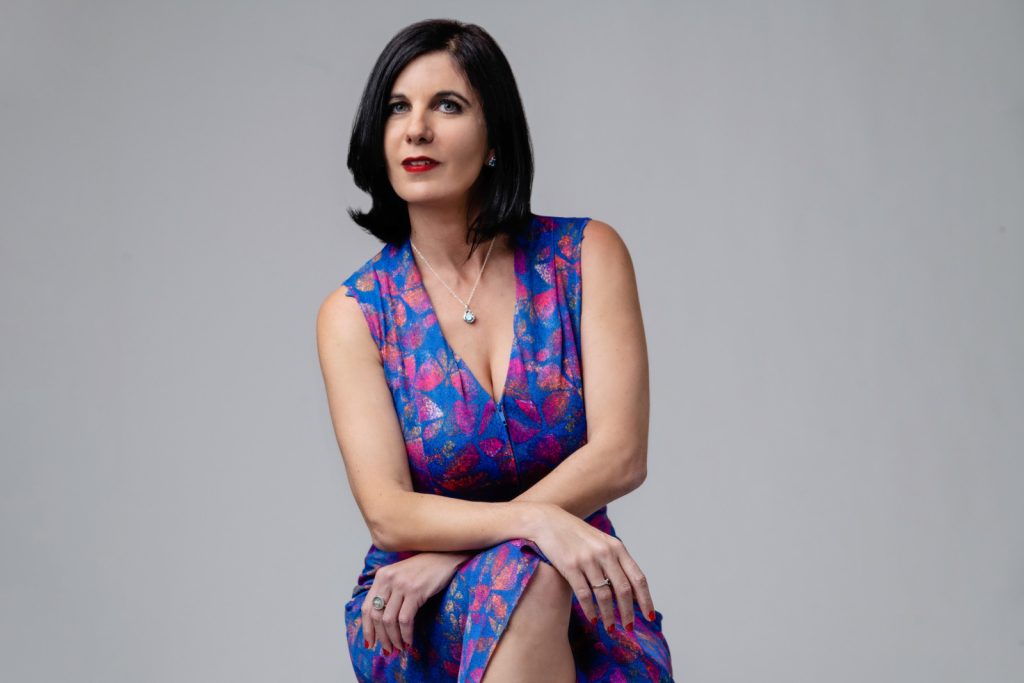
Photo courtesy of Jack Brisson
“I wanted to give the reader that large moment when life feels charged with meaning, even if the voltage burns. . . .”
Recently, I’ve been cleaning out my grandmother’s car in order to scrap it. I drove it thousands of miles after her death which was enough distance for it to become mine. In the glovebox, I found a pamphlet for Blue Hill Inn in Upstate New York, and briefly I felt the presence of her vanished world: a night streaming down a state route on the way to my uncle’s Connecticut home with my grandfather probably snoozing in the passenger’s seat. When I wrote “Postscript,” which was published in NER issue 44.4, I was thinking a lot about the matriarchs in my family.
Writing Madame Konstantin’s story was one of those rare moments where I was chasing a feeling. I struggle often with trying to squish my writing into a particular shape. A mentor of mine told me to aim for a feeling you want to give the reader at the story’s end. According to him, writing with no end in sight was “the amateur way that never gets anything done.” Most of the time when I try to write, I’d be disappointing my mentor. Lucky for both of us, with “Postscript” I knew that end-feeling. I wanted to give the reader that large moment when life feels charged with meaning, even if the voltage burns.
I’ve always been fascinated by the hurt of a missed connection. In books and in movies, you see lovers or long-lost family make eye contact in a crowded train station. One is on the platform, one is on the train, which picks up speed, until the eye-contact has stretched too far and breaks, and because it breaks, you feel how expansive time is, that such a close relationship is composed of two lives that only intersect once. I began writing about letters from Madame Konstantin that would never be sent, that were, a priori, missed connections.
The epistolary form—stories told in letters—is like a great soliloquy. If the letter is never sent, the scribe has the freedom of pure honesty. The writer can disclose things they’d never normally say. This tied in to my broader thinking about my grandmothers. I was raised in a Catholic family on both sides. Family was paramount, and the roles are strict. For example, my grandmother would never let me drive. It wasn’t my job. In a Catholic family, gender often decides your role too. Certain conversations were never to cross the gender divide.
Around the time when I was exploring the epistolary form, its confessional nature made me think about fiction as a way to imagine my ancestors, particularly the female ones who would never have given away their secrets to me. This proved generative. The box in my mind that held these ancestors, some of whom I’ve never met, burst its lock. The disparate threads of femininity, epistolary, and that end-feeling all converged to generate the story.
As you’re reading this, I’m supposed to be scrapping my grandmother’s car. I’m supposed to be directing a tow-truck into the cramped lot next to my apartment building. Only now do I realize my character mirrors me. I was writing to the dead, as much as she was. So I’m thinking of a part of the country where the storms boil up quick over the plains and the lightning jumps purple between the clouds, somewhere with flat asphalt and a high speed limit, a place where I’m still driving that car.
Jack Brisson is a writer from Vermont. He currently teaches creative writing at Virginia Commonwealth University and has received support from Bread Loaf Writers’ Conference and Bread Loaf Translators’ Conference. He is at work on a novel.


